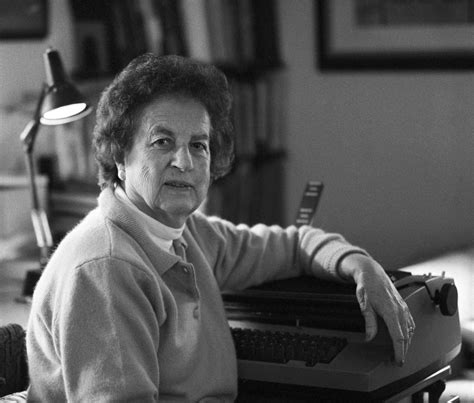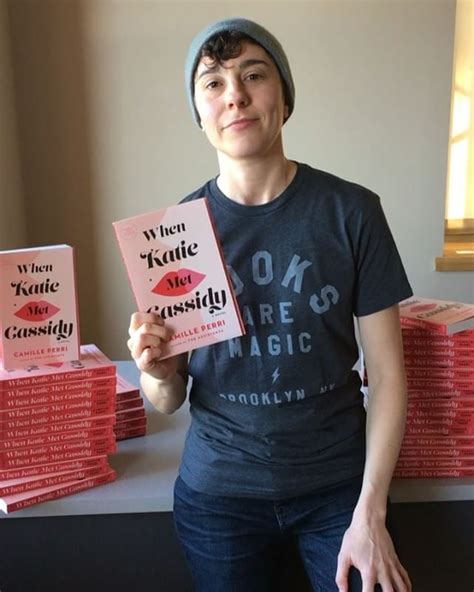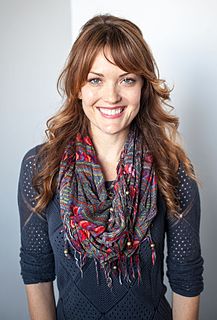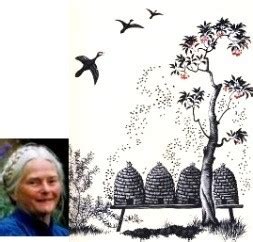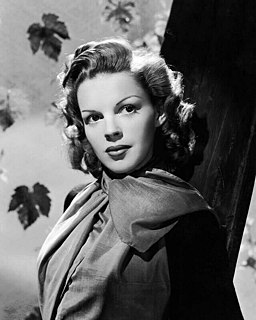A Quote by Jean Fritz
The first 13 years of my life, I lived in China. My parents were missionaries there, and I was an only child. Often I felt lonely and out of place. Writing for me became my private place, where no one could come.
Related Quotes
When I was growing up, books took me away from my life to a solitary place that didn't feel lonely. They celebrated the outcasts, people who sat on the margins of society contemplating their interiors. . . Books were my cure for a romanticized unhappiness, for the anxiety of impending adulthood. They were all mine, private islands with secret passwords only the worthy could utter.
The cars of the migrant people crawled out of the side roads onto the great cross-country highway, and they took the migrant way to the West.... And because they were lonely and perplexed, because they had all come from a place of sadness and worry and defeat, and because they were all going to a mysterious new place, ... a strange thing happened: the twenty families became one family, the children were the children of all. The loss of home became one loss, and the golden time in the West was one dream.
When I was coming to terms with my sexuality, I often felt like I needed to seek out sanctuary outside of my house, and the library was the first place I went. It was a place that I could go and seek out information and look for answers to questions that maybe I was too afraid to ask another person.
At the age of 19, the day after I graduated high school, I moved to a place where it snowed, and I became a massage therapist. With this job, all I needed were my hands and my massage table by my side and I could go anywhere. For the first time in my life, I felt free, independent, and completely in control of my life.
It was not until I was in my forties, in the fifth decade of my life, that the sense of place, the spirit of place, became of paramount importance to me. It was then that I began my travels, that I discovered, through photography, the quality of light, and that I gradually became able to paint the mood of place.
Unless there is a strong sense of place there is no travel writing, but it need not come from topographical description; dialogue can also convey a sense of place. Even so, I insist, the traveler invents the place. Feeling compelled to comment on my travel books, people say to me, "I went there"---China, India, the Pacific, Albania-- "and it wasn't like that." I say, "Because I am not you.
My parents live there, and I was born and raised in Scotland. I lived there for the first 11 years of my life, until my parents decided to take our family to France where we lived for a couple of years. We then moved back to Scotland, and that is where I feel most home - where I come back to myself, and I love more than I can say.
I was born in St. Louis and lived in Pittsburgh for a bit, before my family moved to Nigeria, where they're from. We lived there for three or four years and came back to the States when I was about ten. I realised that I'd gone from place to place not fitting in. The thing that helped me fit in when moving around and not having a ton of friends was that I could make art. That was the through-line.
